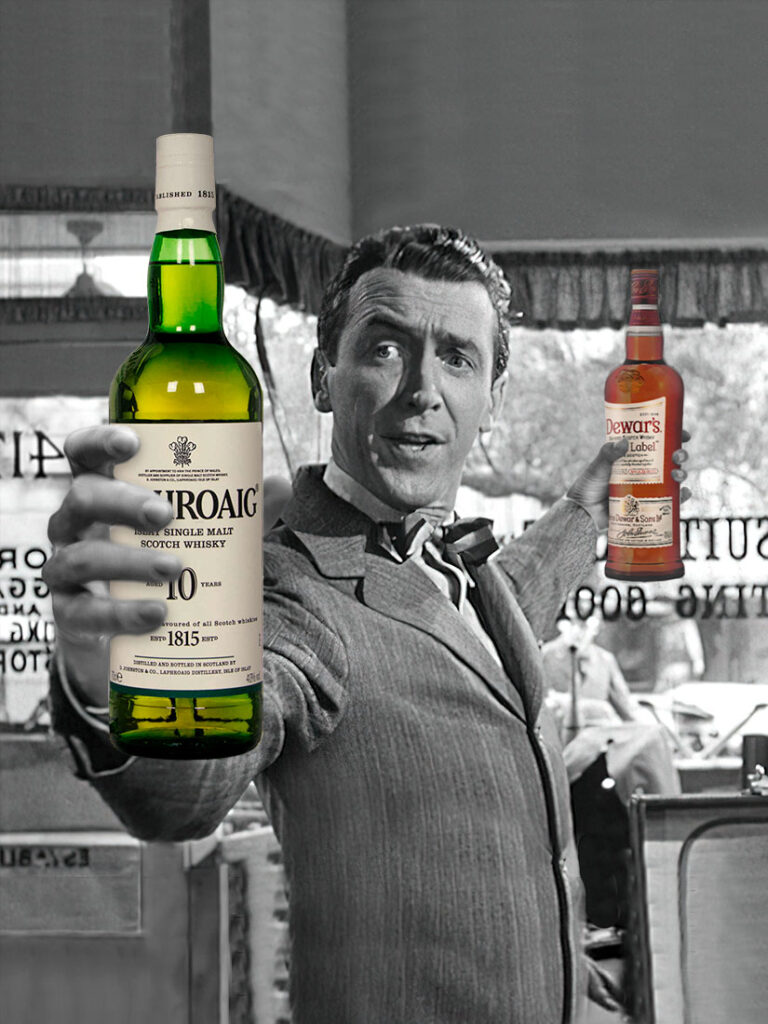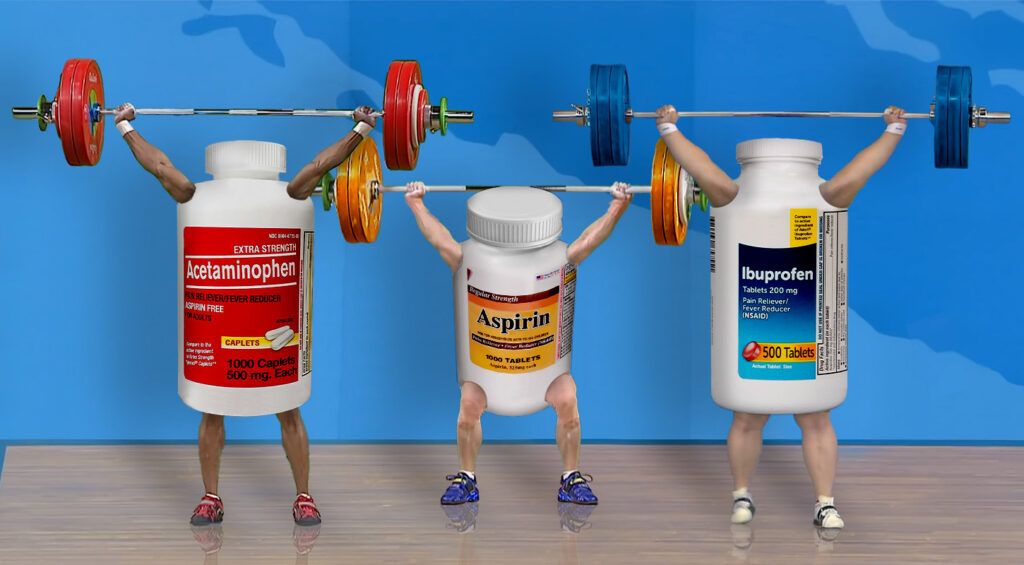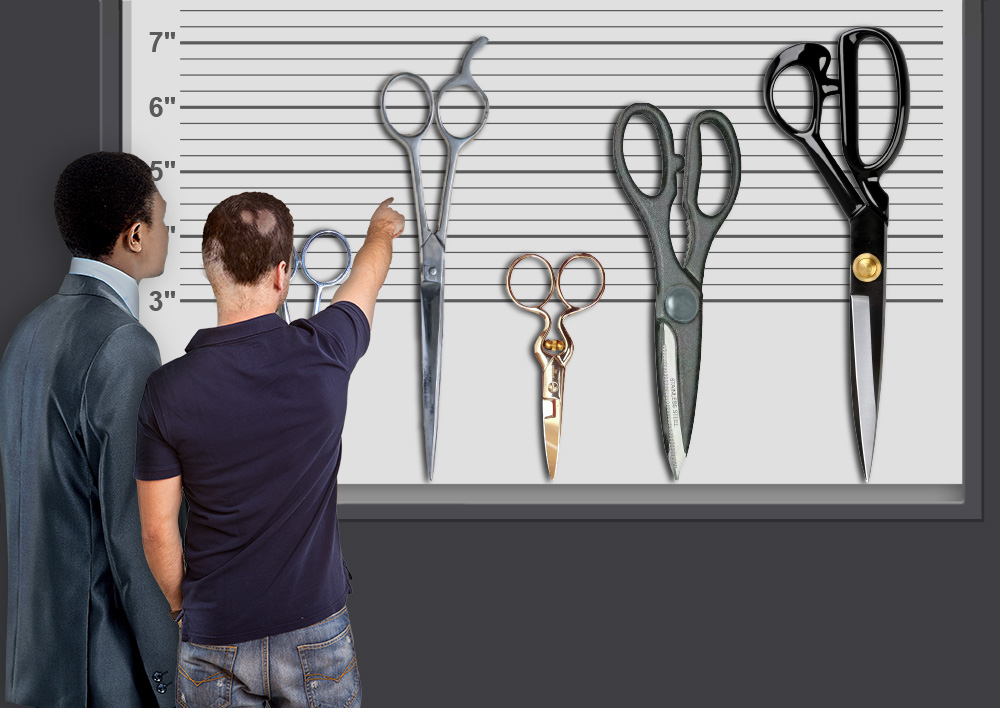I showed up at my first dress rehearsal as a member of “The World of Mime,” my high school’s mime troupe, wearing the requisite costume: black turtleneck shirt, black tights, black ballet slippers. Mr. Lawrence, the drama teacher who led the troupe, asked me whether I was wearing a dance belt.
“What’s a dance belt?” I asked.
“It’s like a heavy-duty jockstrap,” he said. “What do you have on under there?”
“Just underpants,” I said uneasily. I didn’t mention that I had carefully dyed my tighty-whities black so they wouldn’t show through the tights.
“Beth! Ruth!” he called out to two veteran members of the troupe. (Ruth’s full name was actually Ruth Ann, but she’d resigned herself to being known simply as Ruth.) “Take him to the Capezio store and get him a dance belt!”
Ruth Ann was a senior, and thus had a car. Beth, a junior, was there for moral support. We were already friends, having worked on several shows together. I was totally comfortable with them, especially with Ruth Ann. She was warm and empathetic, the kind of person who would take your hand when she was talking with you. She and I both wrote songs, but hers were lovely, slow, and pensive, while mine were fast and funny. Each of us envied the other’s writing style. We once got to collaborate on a song for a musical, and the experience was an awakening — I’d never felt so totally embraced by another person. I was secretly, totally in love with Ruth Ann.
After a 15-minute drive, we walked into the dancewear store, and I approached the clerk at the counter. “I’d like to get a dance belt,” I said.
The clerk politely replied, “What size?”
I turned bright red. Both Beth and Ruth Ann literally doubled over in laughter. I stared at the clerk, not knowing what an appropriate answer would be. I eventually choked out, “Um, what sizes do they come in?”
Ruth Ann and Beth were laughing so hard that they could no longer make any sounds come out. “They go by waist size,” said the clerk.
Why do I remember this incident so warmly, instead of as a humiliating or traumatizing experience? I think it’s because — to dredge up a cliché for which I can’t find an apt alternative — Beth and Ruth Ann were laughing with me, not at me. We were totally comfortable with each other. We were theater people.
Theater people habitually touched, hugged, and emoted. Any of us could get on stage and be completely vulnerable, and it would be OK, because all of us had done it. And I’m sure that this capacity to be vulnerable grew out of the bond that comes from physical touch. This was a way of relating to people that I never knew was possible until I fell in with the drama crowd in high school.
The kind of contact that I came to value so much — my crush on Ruth Ann notwithstanding — wasn’t romantic, and it wasn’t sexual. It was pure warmth and trust, and it crossed gender lines. I remember rehearsing for a touring production of “The Wizard of Oz,” when I (as the Tin Man) and my friend Howie (as the Cowardly Lion) were being threatened by the Wicked Witch of the West. When the witch turned to me, I jumped into Howie’s arms. And when the witch turned to him, we immediately switched positions, with Howie jumping into my arms. It wasn’t planned; it just happened — a product of our being so tuned into and familiar with each other. The bit stayed in the show, and remained was one of my favorite moments.
After Ruth Ann graduated, the go-to person for transportation was a senior named Diane, who had a little red Volkswagen Beetle. There was one night — I wish I could remember where we were going — when nine of us squeezed into Diane’s car. Putting aside that most people of my generation are significantly larger than we were in high school, I can’t imagine anything like that happening today. I have a tendency to hug my friends, and a few of them are especially good huggers in return, but it doesn’t come close to the degree of ease and physical comfort that I had with my drama friends in school. It’s likely that I’ll never be in an environment like that again. What a loss.





Recent Comments